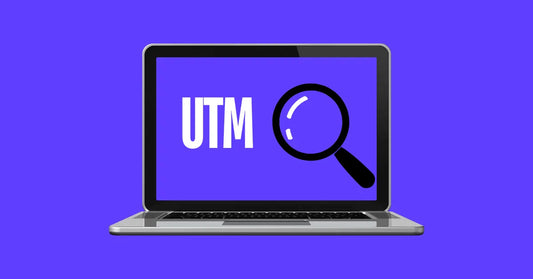In today's digital world, website security is more important than ever. Hackers and other malicious actors are constantly looking for ways to exploit vulnerabilities in websites, and even a small breach can have serious consequences.
That's why it's essential to take steps to protect your website from attack. Here are 10 ways to get started:
-
Keep your software up to date. Software updates often include security patches that can help protect your website from known vulnerabilities. Make sure to install updates as soon as they are available.
-
Use strong passwords and two-factor authentication. Strong passwords are essential for protecting your website's login credentials. Use a combination of upper and lowercase letters, numbers, and symbols, and make sure your passwords are at least 12 characters long. Two-factor authentication adds an extra layer of security by requiring you to enter a code from your phone in addition to your password.
-
Install a firewall. A firewall can help protect your website from unauthorized access by blocking traffic from known malicious sources.
-
Use a web application firewall (WAF). A WAF can help protect your website from common attacks, such as SQL injection and cross-site scripting (XSS).
-
Keep your website's content up to date. Outdated content can be a security risk, as it may contain vulnerabilities that can be exploited by hackers. Make sure to regularly update your website's content, including blog posts, images, and videos.
-
Use a secure hosting provider. A secure hosting provider will have the necessary security measures in place to protect your website from attack.
-
Back up your website regularly. In the event of a security breach, having a backup of your website can help you quickly restore it to its original state.
-
Educate your employees about security best practices. Your employees can be your best line of defense against security threats. Make sure they are aware of the latest security threats and know how to protect themselves and your website.
-
Monitor your website for suspicious activity. Regularly monitoring your website for suspicious activity can help you identify and address security threats before they cause damage.
- Have a plan in place for responding to security incidents. In the event of a security breach, it's important to have a plan in place for responding quickly and effectively. This plan should include steps for containing the damage, investigating the incident, and recovering from the breach.
By following these tips, you can help protect your website from hackers and other malicious actors. Remember, website security is an ongoing process, and it's important to stay vigilant and up-to-date on the latest threats.




